Social Media Archive

Mark Miller, Hokkaido University – Warping Effects of Social Media
The ills of social media are becoming more apparent by the day. Mark Miller, assistant professor
10/9/2021
0
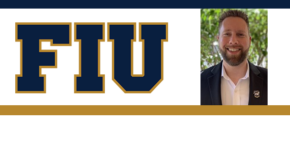
Ryan Meldrum, Florida International University – Digital Self-Harm
Bullies aren’t the only people causing harm online. Ryan Meldrum, associate professor in the department of
6/4/2021
0
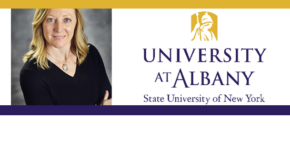
Jeannette Sutton, University at Albany – Public Guide to COVID-19 Retweets
On University at Albany Week: Effective messaging is key in total’s digital world. Jeannette Sutton, associate
16/2/2021
0
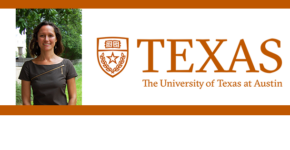
Heather Houser, University of Texas at Austin – Infowhelm
Listening to the news can be overwhelming at times. Heather Houser, associate professor of English at
30/9/2020
0
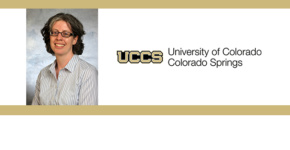
Elizabeth Daniels, University of Colorado, Colorado Springs – Do Media and Body Image Create an Early Exit for Middle School Girls?
On University of Colorado, Colorado Springs Week: Does body image create an early exit for middle
17/6/2020
0
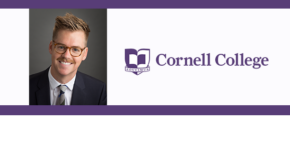
Tyler Carrington, Cornell College – Historical Personal Ads and Modern Dating
On Cornell College Week: The history of love is understudied. Tyler Carrington, assistant professor of German
6/4/2020
0
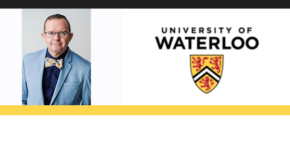
Corey Johnson, University of Waterloo – Geo-Social Dating Apps
Dating practices are being changed again by Geo-social networking applications. Corey Johnson, professor in the department
14/2/2020
0

Lee Farquhar, Butler University – Tolerance on Facebook
On Butler University Week: How diverse is your Facebook feed? Lee Farquhar, associate professor of entertainment
4/11/2019
0

Lee Farquhar, Butler University – Happiness, Life Satisfaction, and Comparing Oneself to Others on Facebook
Social media matters in our happiness, whether we like it or not. Lee Farquhar, associate professor
16/10/2019
0
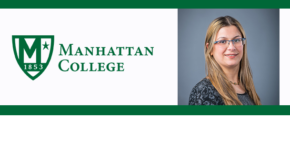
Parisa Saboori, Manhattan College – Traumatic Brain Injuries
There is much to learn about traumatic brain injuries. Parisa Saboori, associate professor of mechanical engineering
2/10/2019
0
